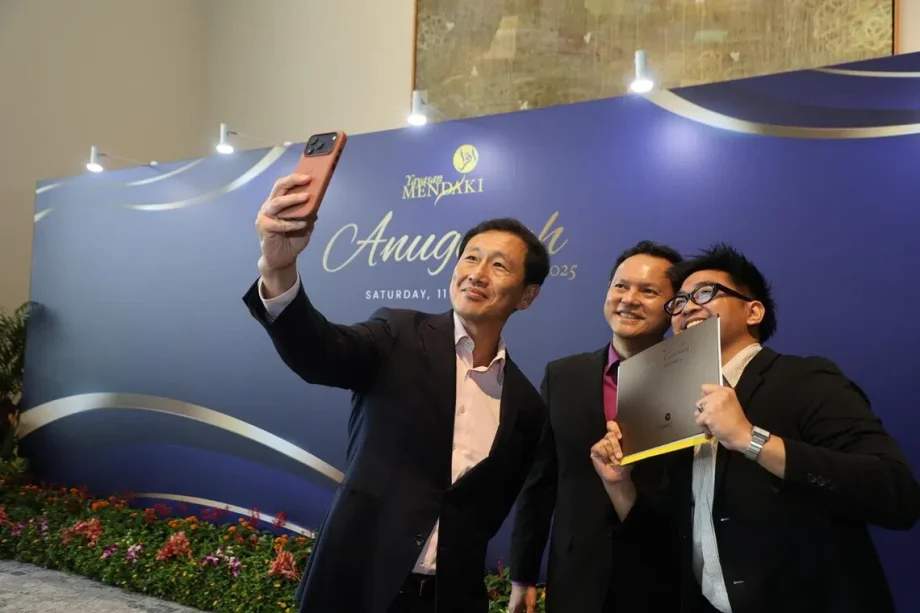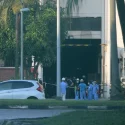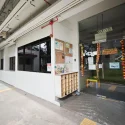SINGAPORE – Education has been central to Singapore’s progress as a nation, said Coordinating Minister for Social Policies Ong Ye Kung on Oct 11, describing it as “the most powerful social equaliser”.
“It allows every Singaporean to realise their potential regardless of background and nurtures them to contribute to family, community and country,” said Mr Ong, who is also Health Minister.
Malay/Muslim self-help group Yayasan Mendaki has been a steadfast champion of this cause, he said. He was speaking at the annual Anugerah Mendaki awards, held at the NUS University Cultural Centre where 529 students received awards.
Anugerah Mendaki was introduced in 1982 to recognise Malay/Muslim students who have done exceptionally well in the national examinations or obtained first class honours at reputable universities locally or abroad.
“Just as education transforms young lives, it must also constantly transform itself,” Mr Ong told award recipients and their families.
Singapore’s education system has evolved over the years to meet the changing needs of society and the economy, he said. And it will undergo further shifts to prepare students for a different future, shaped by technology, globalisation, demography and climate change.
Education here was fragmented in the early years, and delivered to different standards and languages of instruction, he said. The country then moved towards a unified system with a national curriculum and bilingualism, which remains a cornerstone of education policy today.
At the same time, Singapore adopted English as the common working language while mother tongue languages kept people rooted in their culture and tradition, he added.
In the 1970s, high dropout rates prompted the introduction of streaming to allow students to learn at different paces.






